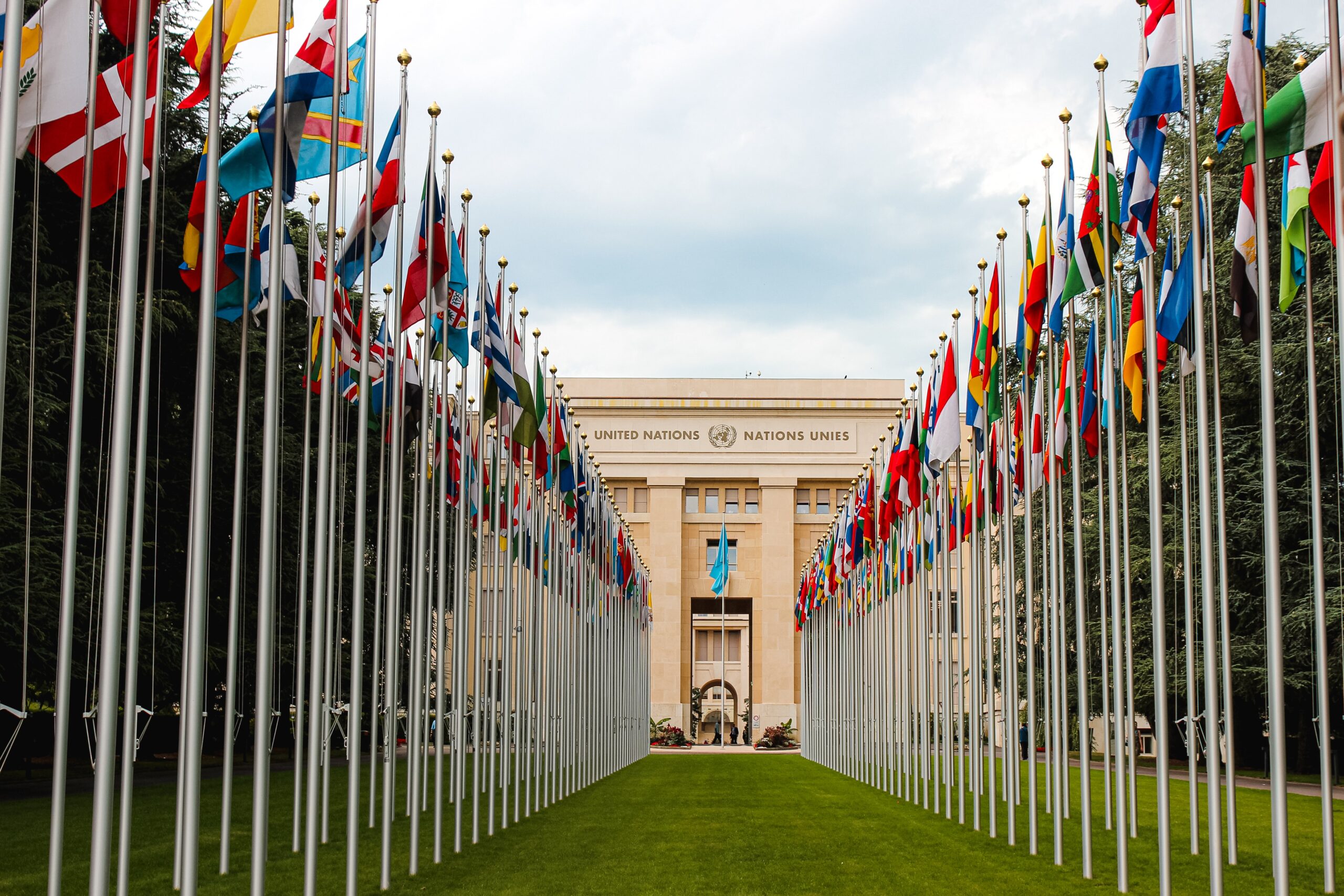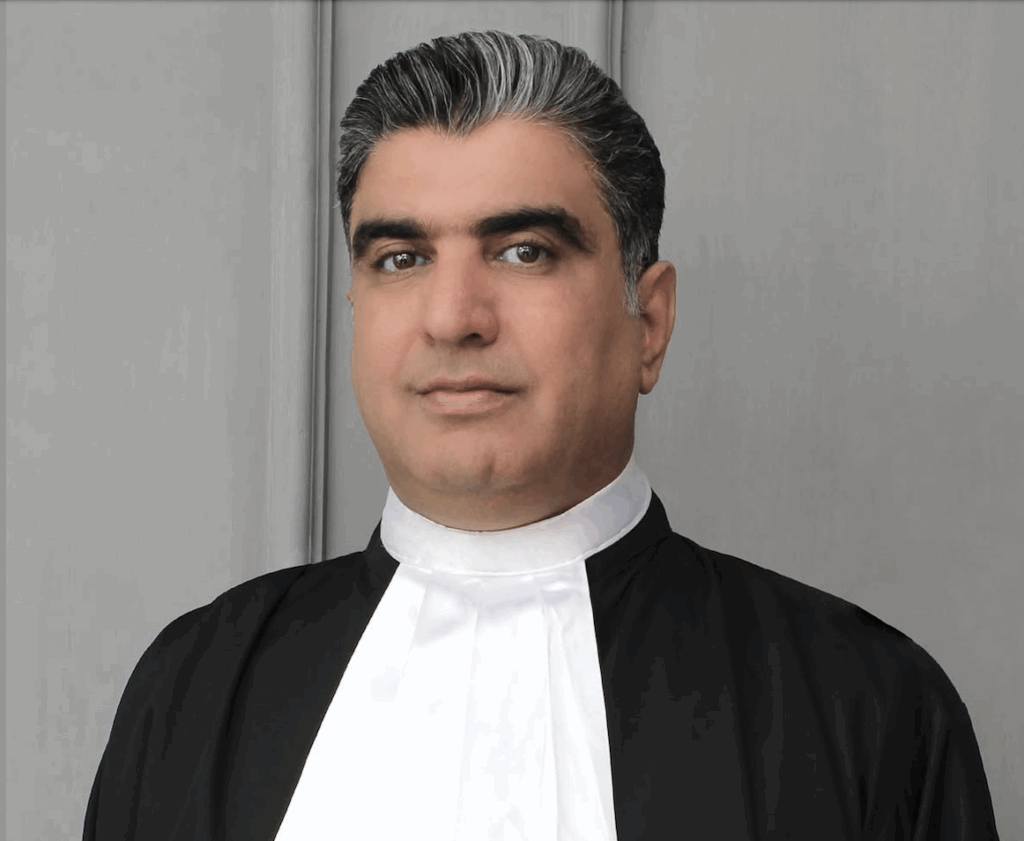Lawyers for Lawyers, together with the International Bar Association Human Rights Institute (IBAHRI), submitted an advocacy charter to several country delegations to draw attention to the situation of lawyers in Hungary with regard to the Universal Periodic Review (UPR) of Hungary. In March 2021, Lawyers for Lawyers and the IBAHRI submitted a report for the UPR of Hungary.
In the report, Lawyers for Lawyers and the IBAHRI have expressed their concern about the independence of the legal profession, legislative initiatives by the Hungarian government, and the public rhetoric against lawyers and judges.
Lawyers for Lawyers and the IBAHRI have expressed their concern about the independence of the legal profession, legislation and legislative initiatives impacting the judicial independence, and the public rhetoric against lawyers and judges. With adoption of the so-called “Stop Soros” legislation of 2018, the Hungarian government has restricted the rights of lawyers to carry out their professional duties independently and curtained their freedom of association by criminalizing the legal assistance provided by the immigration lawyers and legal NGOs to undocumented migrants.
Moreover, the Hungarian government adopted a new law in 2019 that targets the independence of the judicial system by granting the possibility to public authorities to file a constitutional complaint with the Constitutional Court instead of passing through the ordinary court system. As the independence of the Constitutional Court has been seriously undermined by the governing majority, the Court has been reluctant to hold authorities accountable for their wrongful acts. Moreover, through this new law Constitutional Court judges after their retirement could almost automatically become judges of the Hungarian Supreme Court. This would allow the ruling majority, which currently needs two-third majority in Parliament to elect Constitutional Court justices, to indirectly select and have so-called ‘loyal judges’ at the Supreme Court as well. This might have a direct effect on further eroding impartiality principle.
Lastly, according to our information, media sources have been widely used in Hungary to target, discredit, and demonize lawyers and judges that criticize the government, and uphold human rights. Herewith, the public rhetoric portrays lawyers as the enemies of the Hungarian state as well as defenders of terrorists and criminals.




